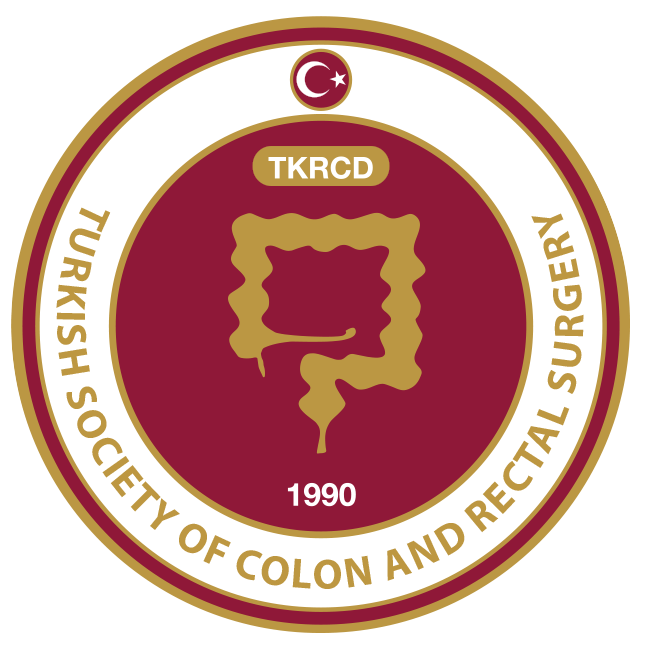ABSTRACT
OBJECTIVE:
Epidemiological evidence suggests that estrogen may affect the natural history of colon cancer. We investigated the role of estrogens in Azoxymethane induced carcinogenesis in rats by examining the effect of oopherectomy and orchiectomy with and without estrogen replacement on tumor burden and distribution throughout the colon, type and invasiveness.
METHODS:
Total 120 inbred Wistar rats were used. Two gender groups divided into six subgroups in each arm. Group F3, F5 and F6 oopherectomized, group M3, M5 and M6 orchiectomized. Group F2, F4, F5, F6 and Group M2, M4, F5, F6 received Azoxymethane (7.5 mg/kg), but F1, F3 and M1; M3 did not and served as control. Group F4, F6 and M4, M6 received Estrogen which was given 0.015mg/kg daily for 25 weeks. All animals sacrificed 25 weeks after first AOM injection.
RESULTS:
Gonadectomy with carcinogen treatment resulted in 4-6 fold increase in mitotic indices in both females and males compared to control groups. Castrated animals exhibited significantly higher frequency of tumor formation as compared to controls. Although gonadectomy did not significantly alter the distribution of colon cancer in both sexes, a significantly higher percentage of these tumors were invasive in castrated males.
CONCLUSION:
Although; this is an experimental study, it is clear that colonic cancer appears to be an estrogen-dependent tumor with a wide therapeutic window and the longer colon epithelium is under the influence of these hormones the more pronounced is the effect of an alteration in hormonal state upon carcinogenesis of the colon.



